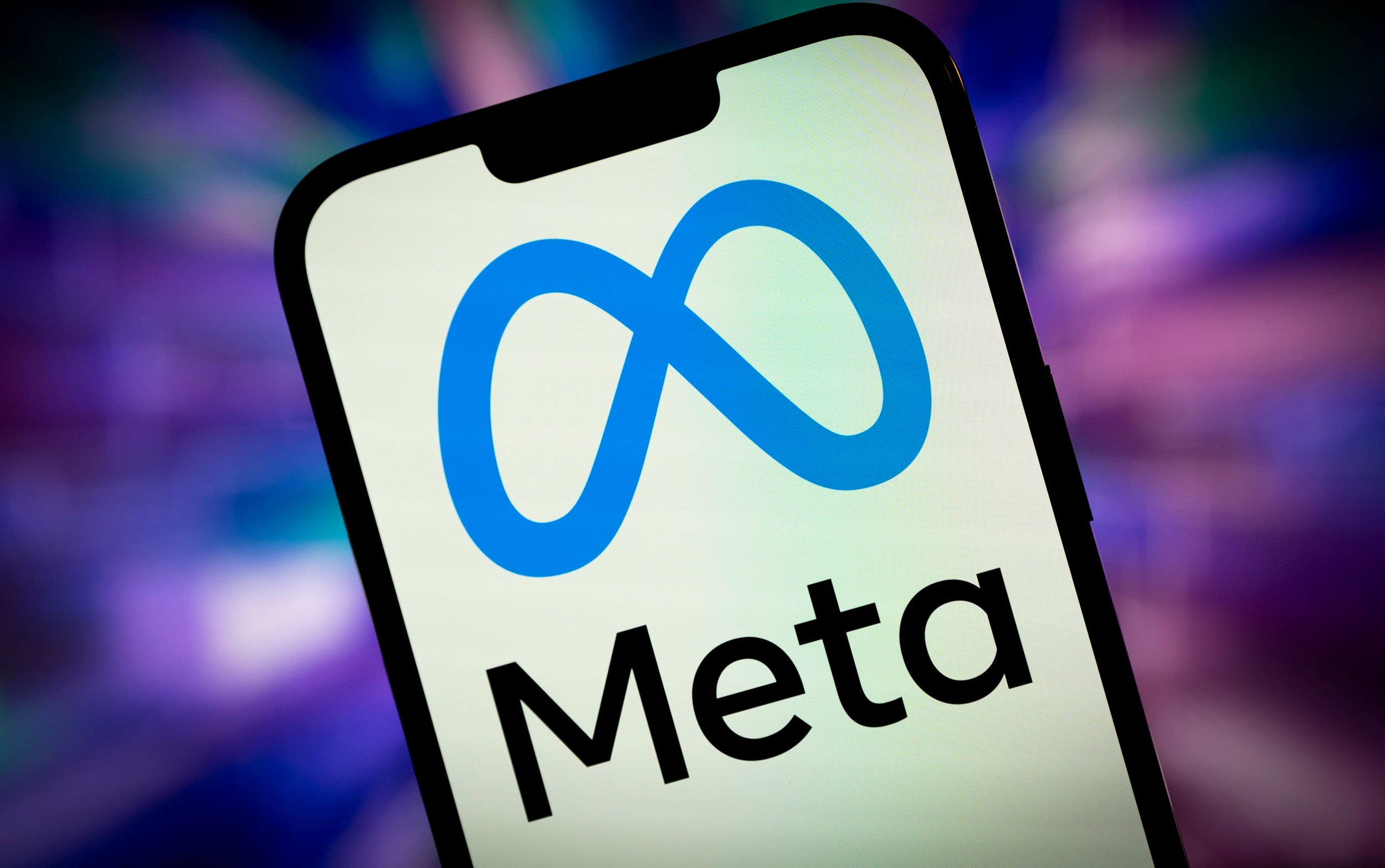Your time is precious, and it's understandable if you like to spread your attention around. You probably don't eat at the same place every day, and you're certainly not golfing, shopping for groceries, or hitting up your local multiplex on a daily basis. However, there are more than a few companies that you probably do interact with day after day.
A big key to investing in tech stocks is finding companies that are becoming a bigger part of your life, and The Trade Desk (TTD 7.50%), Facebook (FB +2.06%), and Twilio (TWLO +4.36%) are three publicly traded companies that probably play bit parts in your daily grind. Let's go over them to see why these companies are always in your face.

Image source: The Trade Desk.
The Trade Desk
Unless you're already familiar with The Trade Desk, there's a fair shot that you've never heard about programmatic advertising. The Trade Desk, in a nutshell, helps marketers allocate their budgets across various different platforms. Using algorithms instead of hunches might have seemed blasphemous to the Mad Men characters, but The Trade Desk just flat-out works.
Revenue has soared 40% through the first nine months of 2019, with adjusted earnings moving 44% higher in that time. The Trade Desk gets its clients noticed, and while nearly half of its recommended spending went out for mobile marketing missives through apps, video, and the web, some of its faster categories including connected TV and audio, which have more than doubled over the past year. The Trade Desk's customers seem to be happy; the customer retention rate has clocked in north of 95% for the past 24 quarters.
This is the only household name on the list, but there's more to Facebook than meets the eye. The namesake social networking site's reach is huge, and we don't have to guess the number of people that use the platform every day. Facebook had a whopping 1.62 billion daily active users during the third quarter.
Despite the blowback over data privacy concerns and the #deleteFacebook hashtag trending every so often, Facebook finds ways to grow its audience. Daily active users are up 9% over the past year, and Facebook's revenue is growing even faster -- soaring 29% over the past year -- as engagement and monetization are on the rise.
If you're not on Facebook, that's OK. The controversial dot-com mega-cap has other ways to grab you. A lot of people quit Facebook and migrate to Instagram, unaware that Facebook owns that platform, too. There's also WhatsApp, the popular messaging app that is popular outside of Facebook. You can also delete Facebook but still lean on its homegrown messaging app, since Messenger was rolled out as a stand-alone application five years ago.
All told, Facebook estimates that there are around 2.2 billion people now using at least one of its four signature platforms every day, with 2.8 billion people leaning on at least one of the services in any given month.
Twilio
The top dog when it comes to in-app communication isn't a name you know unless you're a mobile developer or lucky investor, but Twilio is an integral part of many of the world's hottest apps. When you are notified that your ridesharing driver has arrived, that's usually Twilio in action. If you forget your Hulu password and have it reset without leaving the streaming app, that's Twilio. When Airbnb is checking if that Tuscan villa you're coveting is still available, yes -- that's Twilio, too.
Revenue soared 75% in Twilio's latest quarter, a figure that is partly inflated by its acquisition earlier this year of email communications specialist SendGrid (another way that Twilio can reach you even if you miraculously dodge its who's who of app partners). There are now 172,092 active customer accounts, or apps that count on Twilio to make their programs more responsive. Its dollar-based net expansion rate -- a metric that measures how much customers that have been around for at least two years are spending over the past 12 months relative to the prior year -- is a whopping 132%. In other words, the apps leaning on Twilio are doing 32% more of that than they were a year earlier. If you own a smartphone, there's a good chance you're part of the reason for Twilio's success.








